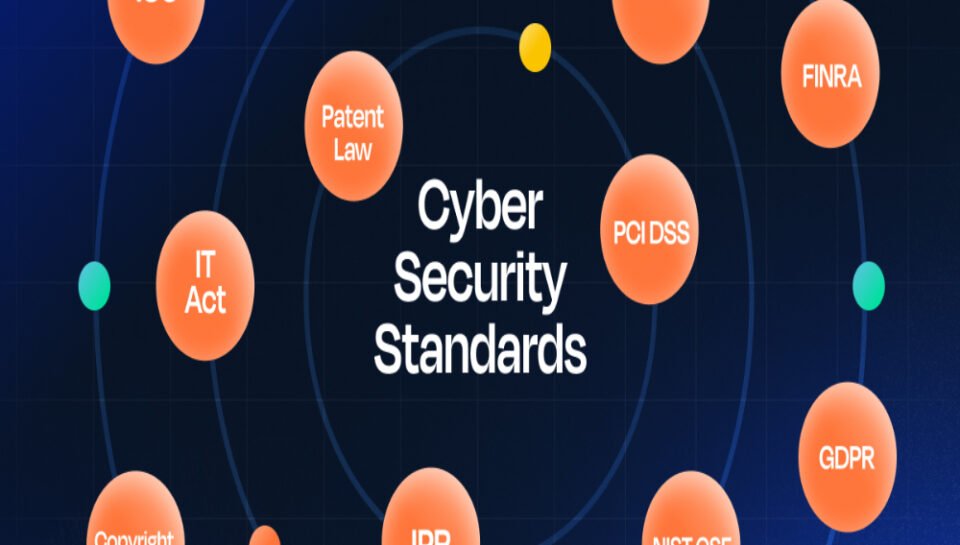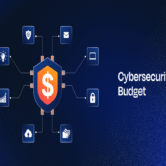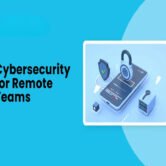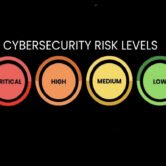
What compliance standards must startups meet in cybersecurity?
General Data Protection Regulation (GDPR)
- Applies to any company handling data of EU residents.
- Requires consent for data collection, clear privacy policies, and breach notification within 72 hours.
- Enforces data minimization, access control, and secure processing.
- Mandates the right to be forgotten and data portability.
- Includes penalties up to 4% of annual global revenue for non-compliance.
California Consumer Privacy Act (CCPA)
- Protects personal data of California residents.
- Requires transparency in data collection and allows consumers to opt out.
- Mandates secure storage and safeguards against unauthorized access.
- Enforces disclosure of data practices and consumer rights.
- Applies to startups exceeding certain revenue or data thresholds.
Health Insurance Portability and Accountability Act (HIPAA)
- Regulates the storage and sharing of healthcare-related data in the U.S.
- Requires encryption, access control, and audit trails for Protected Health Information (PHI).
- Applies to healthcare providers, insurers, and related tech startups.
- Mandates risk assessments and breach notification procedures.
- Requires business associate agreements with vendors handling PHI.
Payment Card Industry Data Security Standard (PCI DSS)
- Applies to startups handling credit card transactions.
- Requires secure processing, encryption, and storage of cardholder data.
- Enforces regular vulnerability scanning and firewall configuration.
- Prohibits storage of sensitive authentication data post-authorization.
- Includes annual compliance validation depending on transaction volume.
ISO/IEC 27001 and SOC 2
- ISO 27001 is a global standard for information security management systems.
- SOC 2 assesses a service provider’s security, availability, and privacy controls.
- Often requested by enterprise customers or investors as proof of maturity.
- Supports continuous monitoring and risk-based security management.
- Strengthens credibility and competitive advantage in B2B environments.





